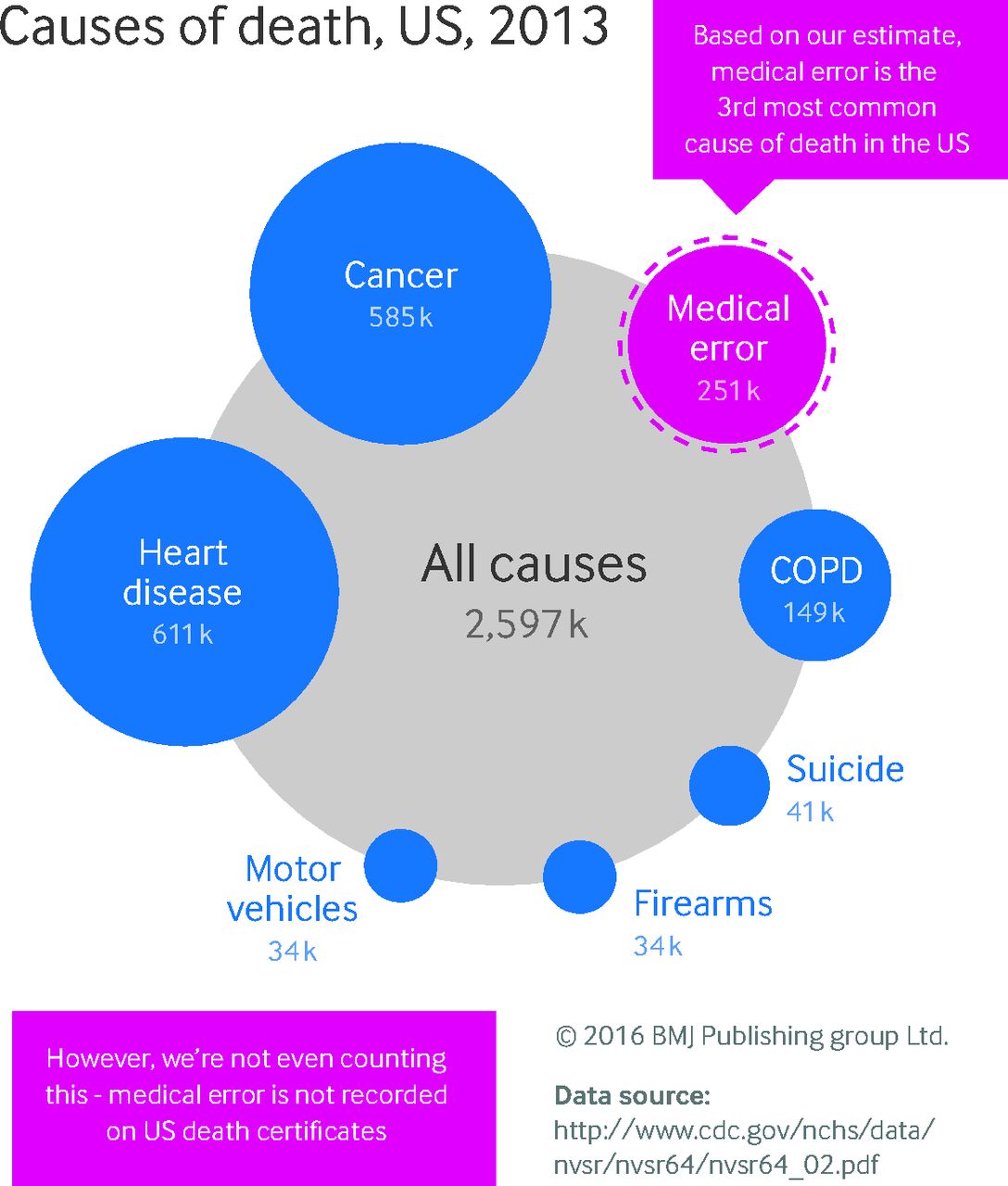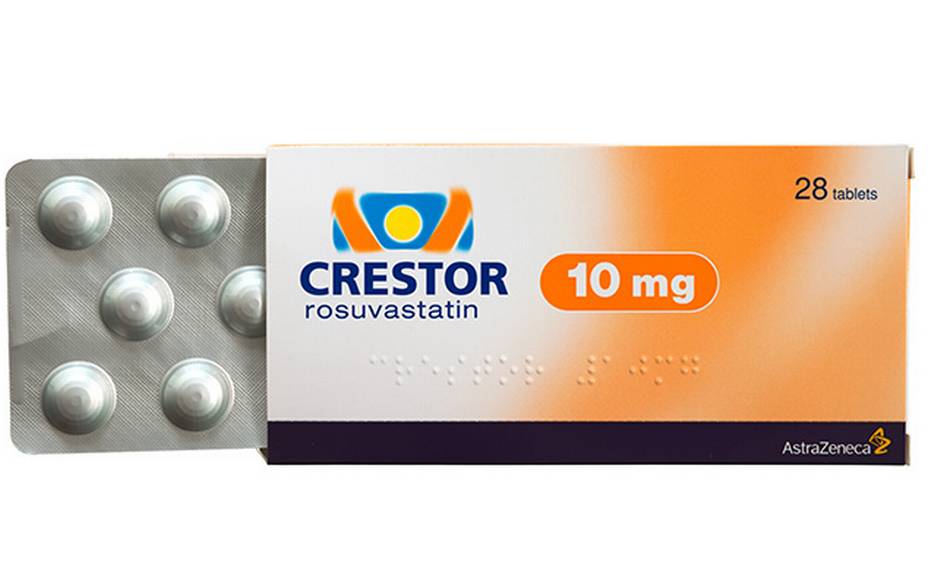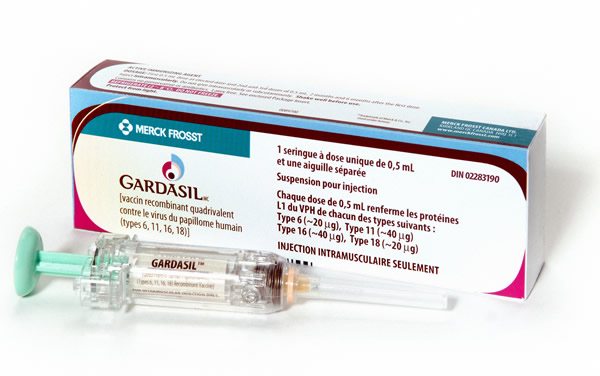Category: Public Health

Are medical errors really the third most common cause of death in the U.S.?
A regurgitation of existing data suggested that medical error is the third leading cause of death in America. Is it true? Spoiler alert! No. No it's not. While medical error can and should be reduced, this BMJ article does not justify claims that doctors are a leading cause of death in the United States.

Overprescribing Antibiotics
Recently I had a cutaneous abscess which was treated (quite painfully) with incision and drainage. My doctor told me that antibiotics were not strictly necessary, but I could have them if I wanted. The idea of any treatment that could resolve the abscess more quickly was appealing, but I did not want to contribute to the unnecessary use of antibiotics so I...

Medical exemptions to vaccine mandates for sale after SB277! Get ’em before they’re gone!
When California passed SB 277 into law, eliminating personal belief exemptions to school vaccine requirements and permitting only personal medical exemptions, I predicted that antivaccine quacks would start issuing bogus medical exemptions. Unfortunately, I was right.
Reclassifying thyroid cancer and the willful misunderstanding of overdiagnosis
If there’s one lesson that we here at Science-Based Medicine like to emphasize, it’s that practicing medicine and surgery is complicated. Part of the reason that it’s complicated is that for many diseases our understanding is incomplete, meaning that physicians have to apply existing science to their treatment as well as they can. The biology of cancer, in particular, can be vexing....

Statins for everyone? Not so fast.
People love the idea of preventive medicine. Preventing a disease, before it occurs, seems intuitively obvious. But when it comes to taking medicine to prevent a disease before it occurs, people tend to be much less comfortable. Not only are there the concerns about the “medicalization” of healthy people, there are good questions about benefits, risks, and costs. Cardiovascular disease will kill...
Why Antibiotic Use Scares Me
Editor’s note: Today we present a guest post from fourth-year medical student Joshua Horton, about the looming problem of antibiotic resistance. Welcome! I read a study recently that alarmed me: acute bronchitis is a condition that rarely requires antibiotics, but three quarters of patients presenting with this condition receive a prescription for antibiotics. Even more worrisome, this statistic has not changed in...
American Journal of Public Health article touts “potential public health benefits” of homeopathy
An article in the April, 2016 issue of the American Journal of Public Health caught my eye: “Homeopathy Use by US Adults: Results of a National Survey.” I was pleased to see that homeopathy use is actually quite low. The 2012 National Health Survey found that only 2.1% of U.S. adults used homeopathy in the last 12 months, although that was a...

The claim that Gardasil causes premature ovarian failure: Ideology, not science
It’s amazing how, to antivaccine activists, it just so happens that a vaccine that targets a sexually transmitted virus must also destroy a girl’s ovaries. It must be a coincidence, right?
Are the recommended childhood vaccine schedules evidence-based?
We write about vaccines a lot here at SBM, and for a very good reason. Of all the medical interventions devised by the brains of humans, arguably vaccines have saved more lives and prevented more disability than any other medical treatment. When it comes to infectious disease, vaccination is the ultimate in preventive medicine, at least for diseases for which vaccines can...
Air Pollution and Public Health
Public health measures are those not aimed at individuals but at society as a whole, or subgroups within society. Physicians are charged not only with promoting the health of their own patients, but as a profession we (and health care professions in general) are charged with promoting the public health. Public health measures, however, are highly likely to cross into politically charged...

